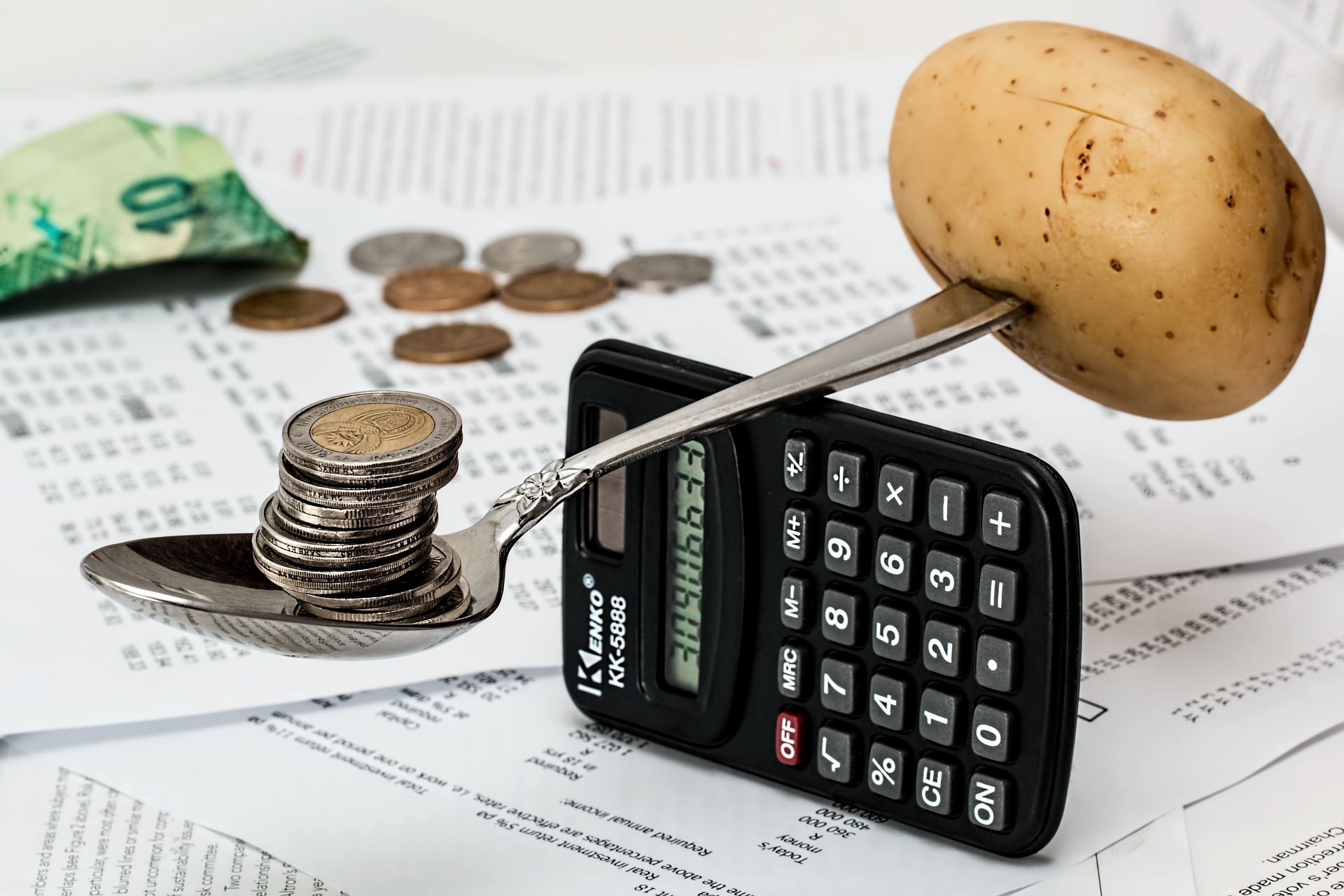You can tell you’ve reached adulthood by the things you wish were real in your favourite sci-fi. When I was a kid, it was KITT and the flying skateboard from Back to the Future. Nowadays, the sci-fi tech that really gets me excited is the everyday stuff – the ability to pop a pill in the microwave and get a full meal out of it like in The Jetsons. Or the AI assistants like Iron Man’s JARVIS that order what you need before you even know you need them.
Sure, flying cars might be cool but the ability to avoid the dreaded Saturday morning grocery rush? That’s cooler.
Thankfully, a future where shopping is as easy as pressing a button isn’t quite so futuristic anymore. Amazon has had the Dash button – a low-cost device you can stick onto any surface and use to reorder specific products – for years. When you’re in danger of running out of toilet paper or printer ink or any other product you use often, a quick press of the Dash button will automatically order it for you.
The world of retail is full of innovations that seem as if they’ve been plucked from science fiction. Take the subway in South Korea and you have the option of doing your shopping while you wait for the next train – simply choose what you need from the virtual supermarket shelves and it’ll be waiting for you at home.
Drone deliveries – everything from pizza to life-saving blood – have been making headlines for years. Amazon Go stores ditch cashiers and checkout queues completely, using image recognition software to charge your credit card for the contents of your shopping basket.
Even voice assistants like Alexa and Cortana have lost their novelty. They may be better at choosing music playlists than handling your shopping right now, but give them a few years for predictive analytics to catch up and they’ll know your needs before you do. Imagine having your virtual assistant automatically placing essential items in your cart in anticipation of them running out. All you need to do is say ‘yes’ or ‘no’ when it asks if you want to confirm.
Many of these technologies are still in pilot phase or haven’t yet gone mainstream, but the path is clear. We’re in for a truly exciting era of shopping – one where we can get instant gratification wherever we are and whatever we need.
Of course, the promise of a Jetsons future doesn’t quite remove the pain of the current retail experience. Right now we’re more likely to be reading about these innovations on our phone while we queue at the till than we are to be experiencing them.
If we’re living in a sci-fi world, why are so many aspects of the retail experience still so clumsy? And how long will it be until we as South Africans can enjoy shopping experiences as seamless as those in South Korea or the States?
Food for thought

The question is: Can concepts like Amazon Go succeed in South Africa? Or do we lack the resources and infrastructure to fully automate the retail experience? It’s one thing for US tech giants to roll out next-gen retail in places like Seattle and San Francisco, it’s another for us to do the same in rural KwaZulu-Natal.
The good news is that we are seeing the country’s innovators embracing the same broad trends towards consumer-first, digital convenience. Last year, Woolworths rolled out its NowNow concept for the first time, allowing customers to pick up food they’ve already pre-ordered and paid for via app. Ucook and similar services have seen great uptake, leading Checkers to launch its own range of ready-to-cook ingredient kits. Alcohol delivery apps are similarly on the rise, and a number of digital grocery delivery services have emerged.
The success of services like Uber Eats and Ucook show there is an appetite (no pun intended) for on-demand, digitally-enabled shopping for fast moving consumer goods. A Nielsen study has found a third of South Africans use food delivery services, so this is natural starting point for experimentation and growth.
There are however challenges preventing services like these from achieving terminal velocity. For start-ups, scaling up means overcoming last-mile logistical barriers to reach customers outside of more affluent urban areas. Meanwhile, established players that do have the footprint to reach the majority of South Africans face the daunting cost of digitising their entire ecosystem from Pretoria to Parys, Kyalami to Khayelitsha.
Here’s where our sci-fi shopping future starts to look a little different from the slickness of your average Tom Cruise movie. Because in our future, bikes, spazas and petrol stations are the heroes rather than robotic personal shoppers and high-tech supermalls.
For all of our logistical and geographical challenges, South Africa is a world leader in transactional and POS innovation. So let’s expand our idea of where and when those transactions can take place.
Forget hypermarkets. Forget the concept of everything under one roof. Why not everything under one sky? In a world where anything – even a button you stick on your wall – can be a customer touchpoint, then anything and anyone can be a sales enabler. A township bicycle can be a courier service or a taxi stop can be a click-and-collect point.
As interesting as it can be to look to science fiction for inspiration, it gets one thing wrong. You don’t need talking cars or superhuman AI to drive innovation, but the ability to recognise opportunities, adapt to your environment, and enable others to do what you can’t achieve on your own.
Personally, I can’t wait for our uniquely South African future of retail. Who needs the same tired vision of sci-fi when you have something new emerging?